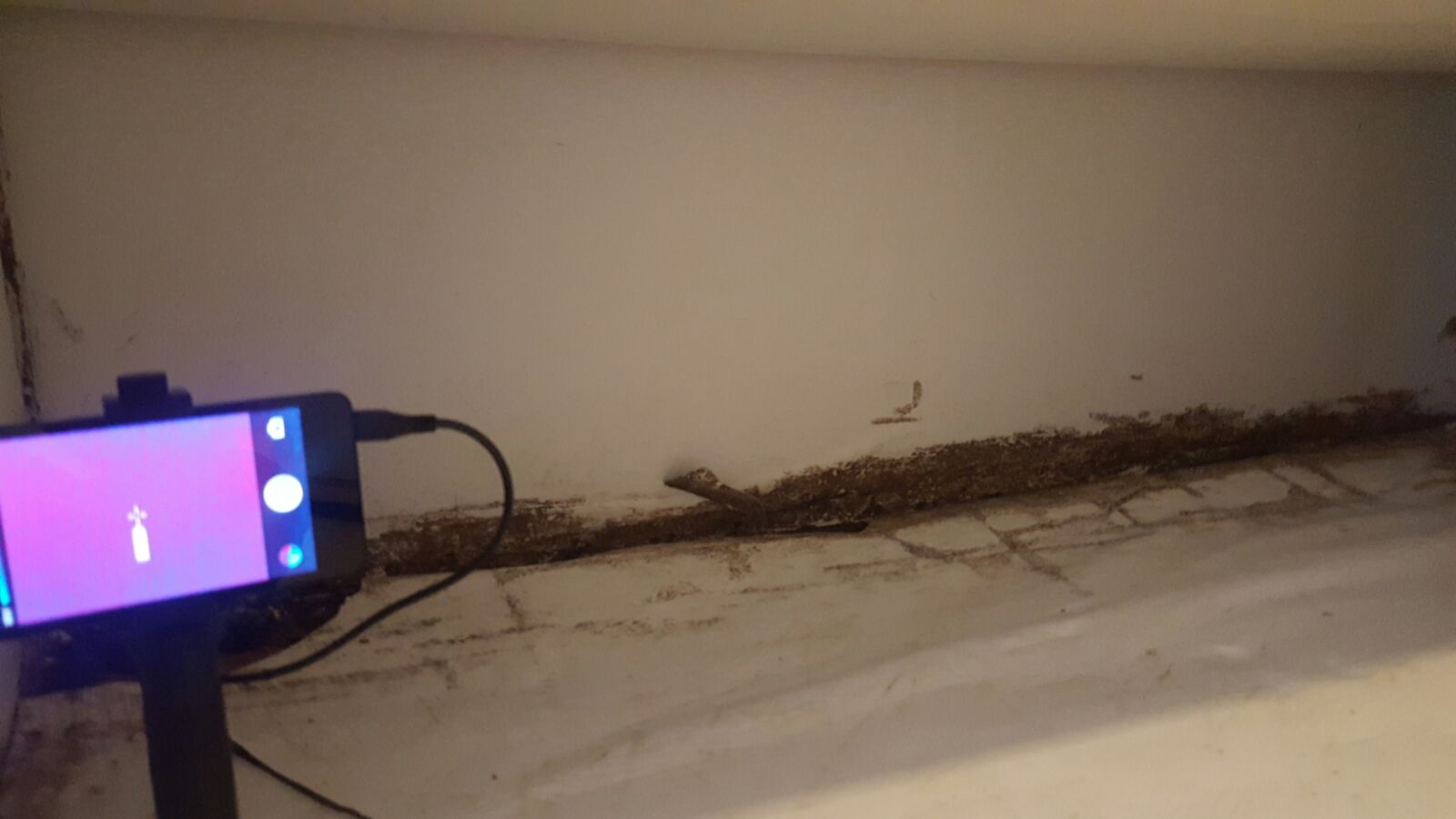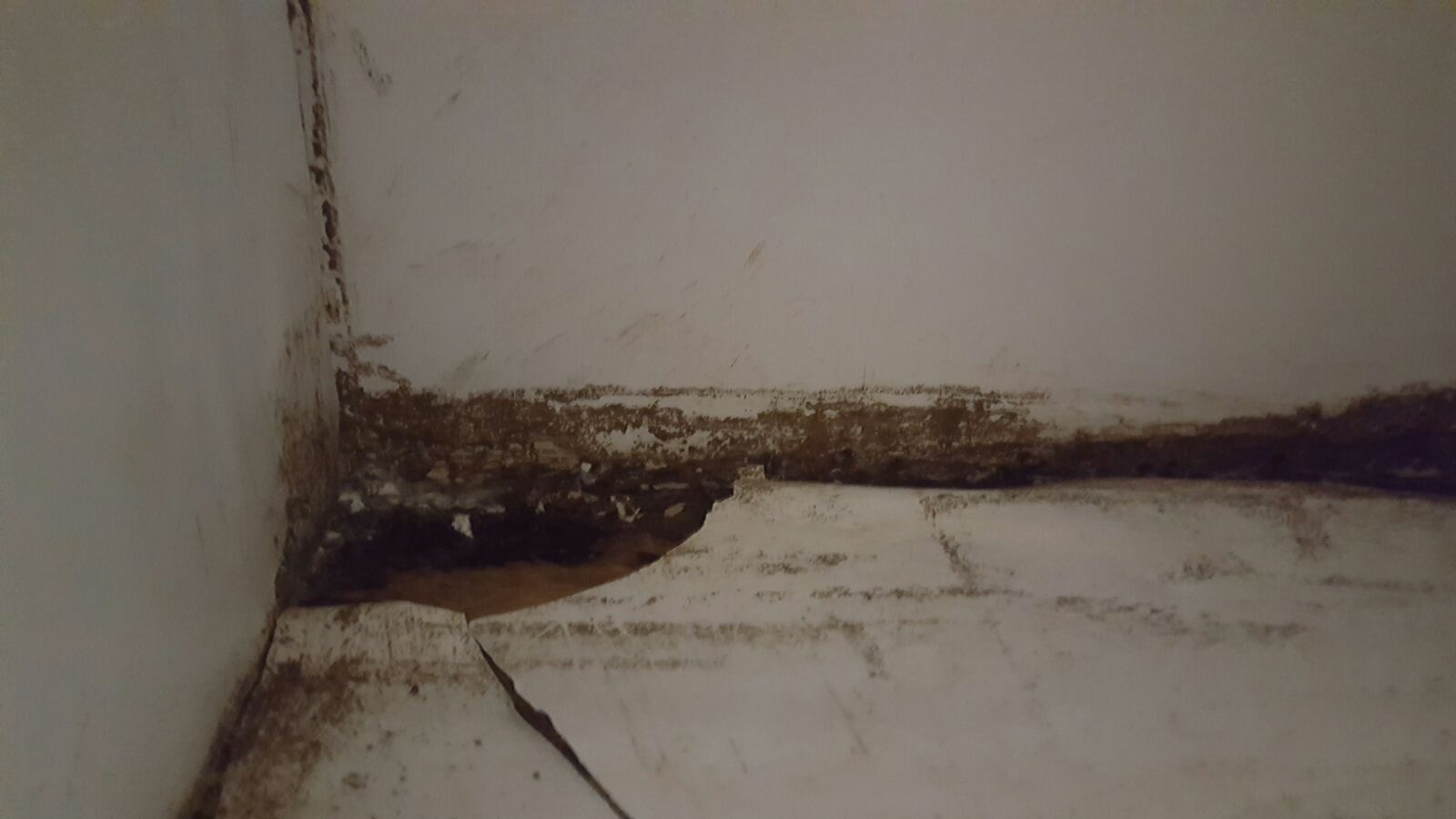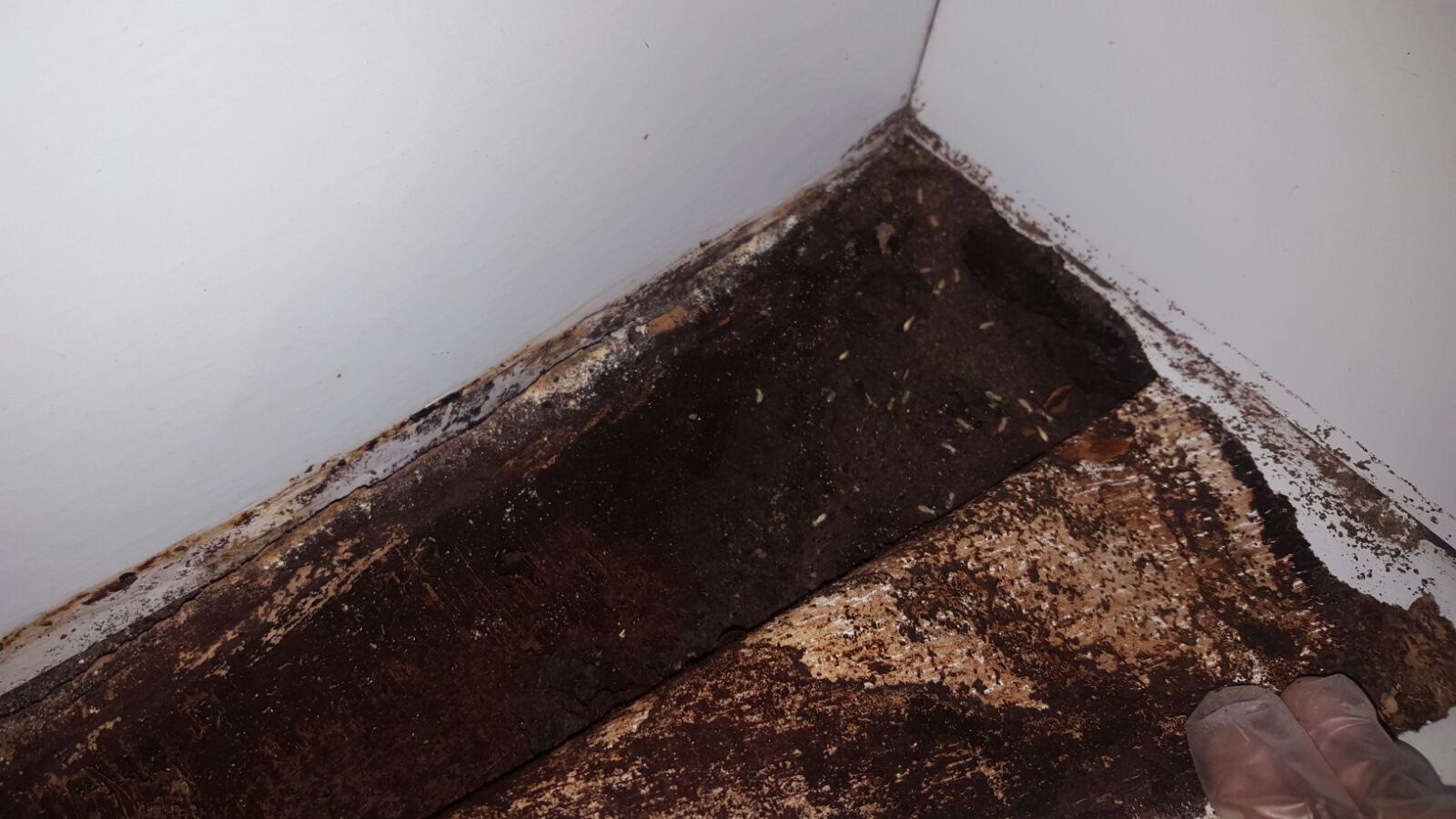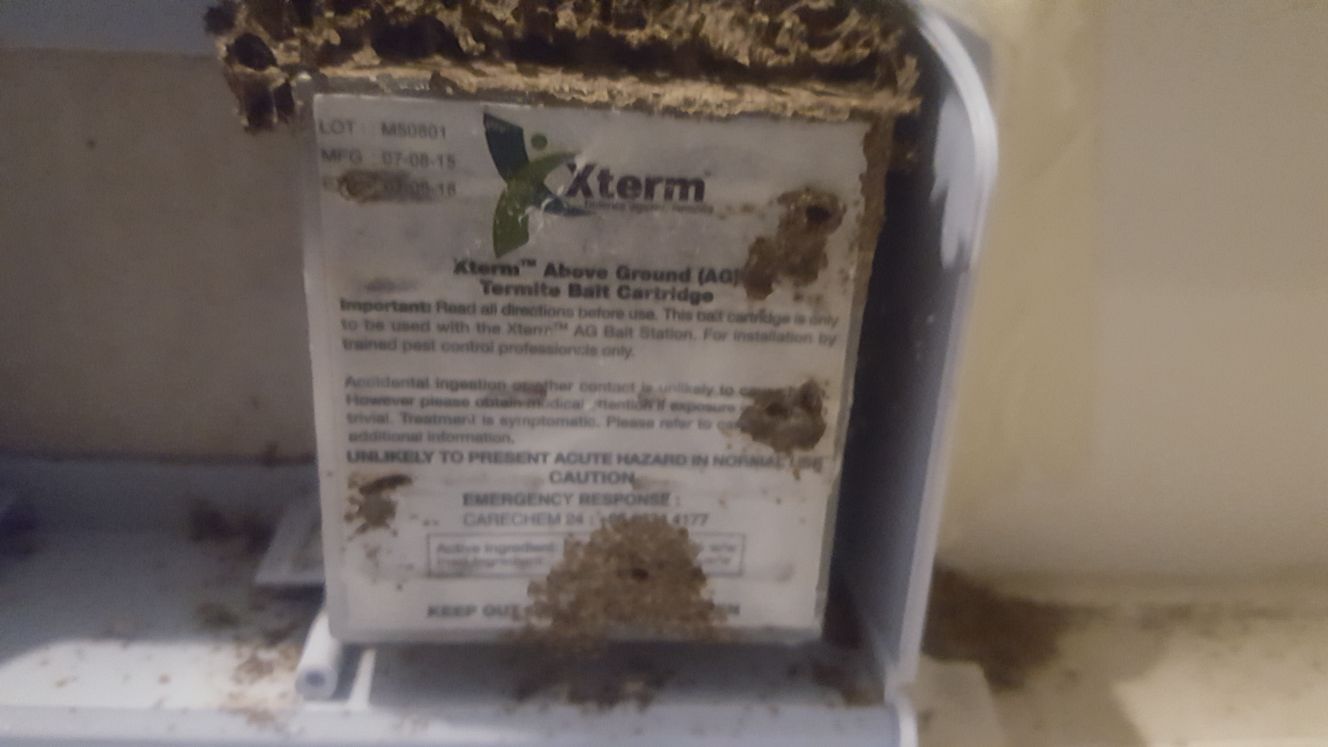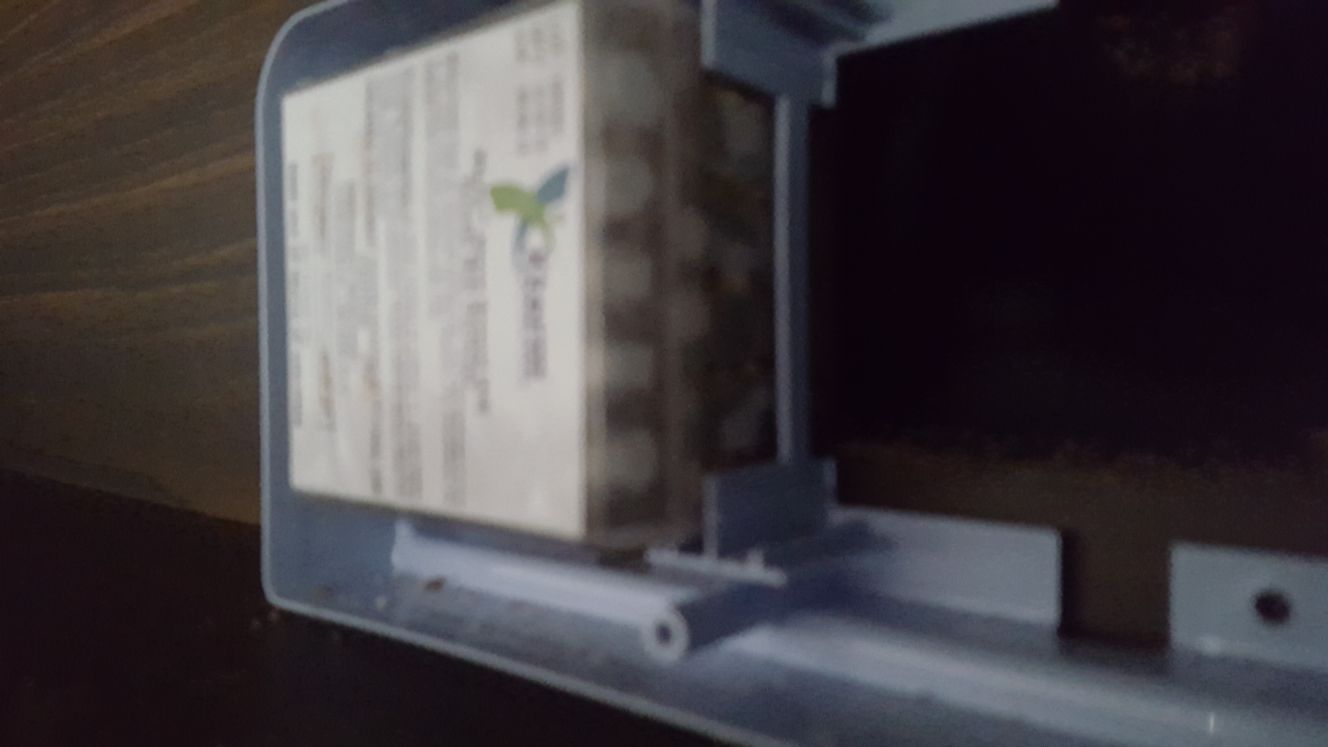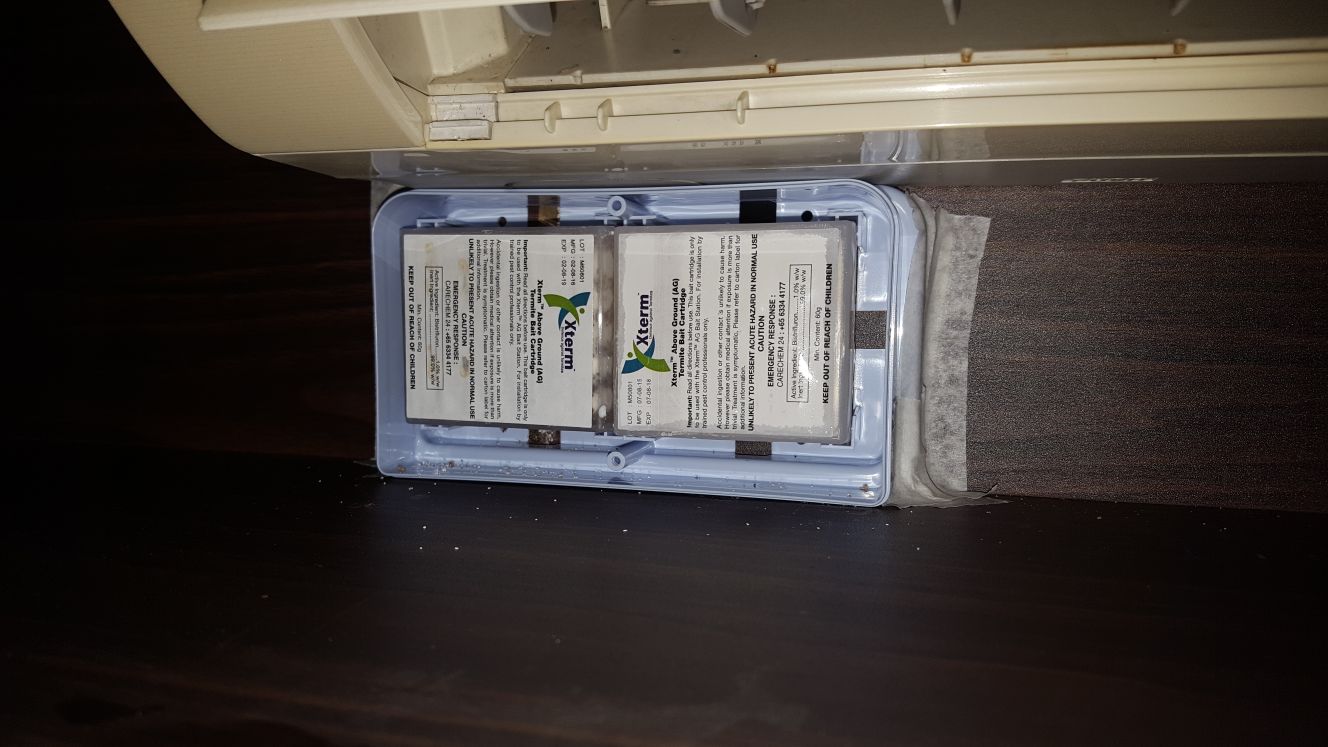Termites
The vast majority of termite species occur in the tropics. Like ants, wasps and bees, termites are social insects. Termites are found living in colonies. Usually, the communities are large, often having developed family systems. They are known as social insects. Within this family there is overlap of parent and offspring generations. In termites, the development phase is branched, which means they can grow more rapidly than the other insects, which ultimately means they can bring more harm to your place than the other types of insects. This is why you need anti termite treatment Singapore to eliminate them from the root.
Understanding the Life Cycle and Roles of Termites
Eggs
undergo a transformation into small, non-feeding immatures referred to as larvae upon hatching. Genetically, these larvae have the potential to develop into any caste. The developmental trajectory of a termite is influenced by factors such as its diet and the time of year.
Workers
Representing the majority in the termite population, these industrious individuals play a crucial role. In lower termites, there are incorrect pseudergates that have the potential to develop into alates. Workers are responsible for feeding nymphs, soldiers, and reproductives, in addition to locating food and water, excavating tunnels, and constructing and maintaining nests. Certain species even engage in mushroom gardening as part of their tasks.
Soldiers
Derived from workers, pseudergates, and nymphs through the molting process, soldiers represent a stage in termite metamorphosis. Serving as a crucial transitional phase, soldiers play a vital role in defending their colonies against various predators, including ants and centipedes, utilizing their distinctive mouthparts.
Reproductives
The emergence of reproductives can occur through neotenics or alates. Alates, termites with wings, are typically produced during a specific season. These alates develop compound eyes and wings before taking flight. Once airborne, they shed their wings, becoming delegates. After forming tandem courtship pairings and a brief courtship, the dealate initiates a family with its partner, establishing the two as the colony's king and queen.
Primary Reproductive
The size of reproductive females, or queens, varies depending on the termite species. They can grow to lengths of up to 10 cm and have the remarkable ability to lay thousands of eggs each day. Queens are relatively immobile and depend on the workers for sustenance. Workers feed and groom the queen as she fulfils her egg-laying duties. In many species, a colony typically comprises only one pair of king and queen, although certain species may exhibit the rarity of multiple reproductive individuals within a colony.
How Do Termites Get Into Your Buildings?
Termites enter buildings through wall-floor interface cracks and foundation fissures. In addition, the most common places for them to enter a building are through electrical conduits, telephone cables, and water pipes in the walls.
After termites enter a building, they use mud tunnels to hide their existence or tunnel beneath wooden structures, making the infestation go undiscovered for months. Because termites do not consume the outside layer—for instance, they will not destroy the shellac layer if they infest parquet flooring—the infestation typically stays undetected.
The eco-environment, water catchment areas, and general sustainability of building construction are all protected by the non-chemical anti-termite system, which is pesticide-free and employs no poisonous, hazardous, or dangerous chemicals.
Physical Termite Barrier
A physical termite barrier is a layer that is placed underneath the slab of your home or building.
The non-chemical anti termite problem deprives you of the risks involved with the chemical treatment. In this treatment, the wide sheets are spread in the same direction as the moisture layer. The slab is poured over it and wrapped in a Rentokil barrier. It is further wrapped with quality cloth tape with adhesives, so no termite comes out.
Non Chemical Anti Termites System
Non Chemical Anti Termite System is Chemical Free, it is a Physical termites barrier. (Non Chemical Anti Termites System)
The non chemical anti termite system is pesticide free and uses no toxic, harmful or dangerous chemicals, which protects the eco-environment, water catchment locations and overall building construction sustainability.
This process is done to create a physical barrier for the termites that makes it eco-friendly anti termite treatment Singapore. So, you can rely on it without expecting any harm to your health or property.
Want to get anti termite treatment Singapore? Call us now!
Types of Termites in Singapore
- Drywood Termites
- Garden Termites or Dampwood Termites
- Subterranean Termites
1. Treatments for Drywood Termites
- Termite Foaming
- Spot Treatment
- Inject of termiticide (may require to drill small holes)
2. Treatments for Dampwood Termites
- Rodding Treatment
3. Treatments for Subterranean Termites
- Termite Baiting Treatment
- Termite Dusting Treatment
- Spot Treatment
- Anti- Termites Soil Treatment

